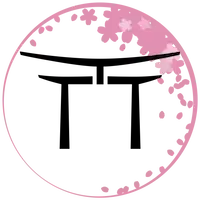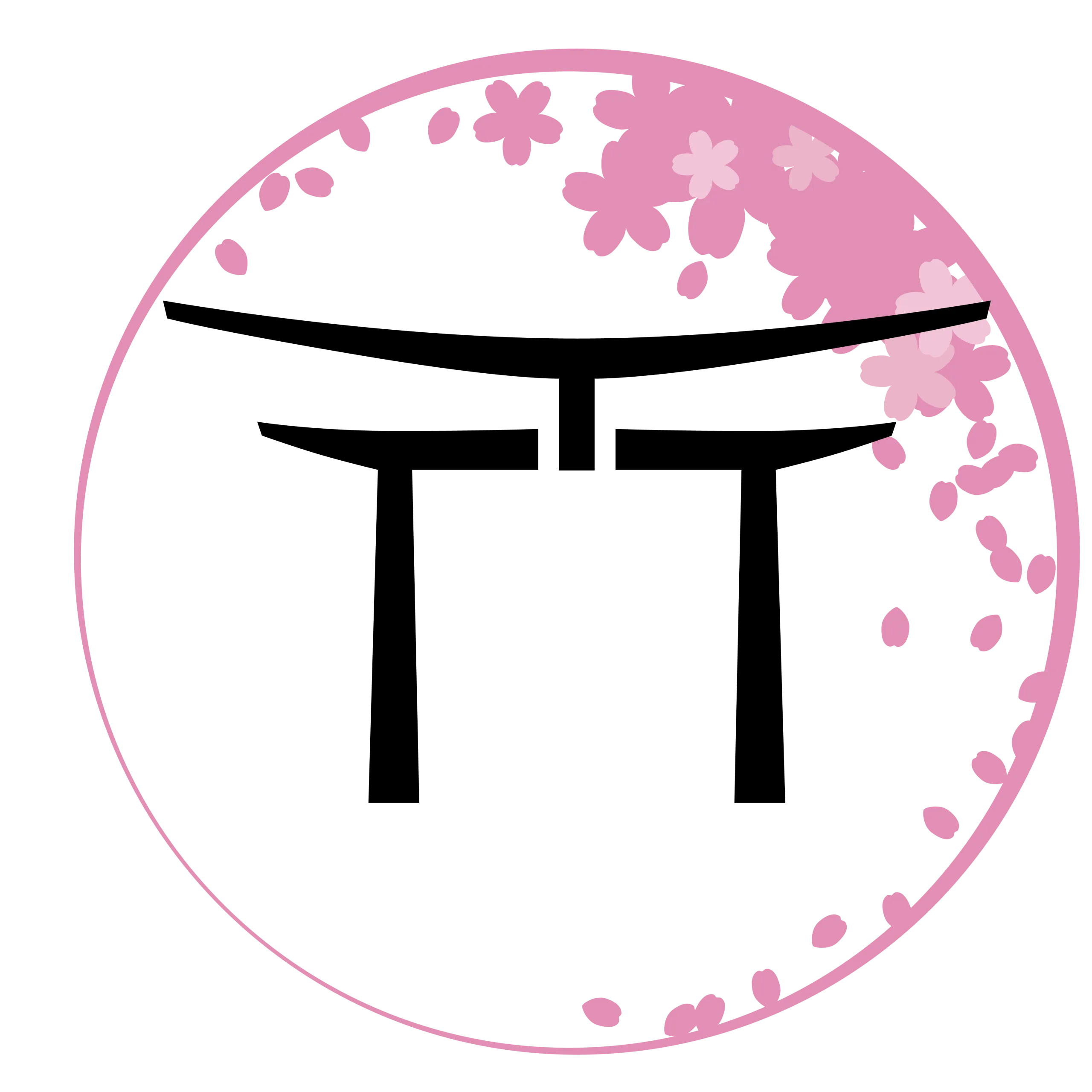Japanese Educational TV Shows for Babies and Toddlers

Last Updated on April 15, 2025 by Kay
This post may contain affiliate links, meaning I may earn a small commission on any purchases through those links at zero additional cost to you. Whatever I make goes to keeping this website running and I am forever grateful for the support. See my Privacy Policy for more information.
Looking to introduce your child to the Japanese language? Then why not show them Japanese television programs meant for young, developing minds?
I’m sure we all have fond memories of our favorite shows from when we were little. When I was growing up in Canada, I used to love watching educational children’s programs like The Elephant Show and Mr. Dressup. Of course, parenting was a bit different back then and my mother let me watch a little more television than she probably should have. But this doesn’t mean you’re a bad parent if you let your kids watch television from a young age.
A Little Background on Children, Television and Development
Nowadays, a single Google search will bring up thousands of articles on why screen time is detrimental to children under the age of 2. So perhaps you’re wondering why I’m writing an article on Japanese television shows for babies and toddlers, then?
Well, in the beginning, I didn’t want to expose my daughter to television and made sure not to have the television on around her or use my phone other than taking pictures. However, when she was about 10 months old and I went back to work, I came home one day to find her watching a Japanese children’s show on television called シナぷしゅ.
Needless to say, I was not happy with my husband. Although we had been together for 7 years when our daughter was born, we had different ideas when it came to parenting. He was far more relaxed than I was and that led to us arguing constantly when A was a newborn. Eventually, we realized that we both needed to compromise and listen to one another, so I heard him out when he explained why シナぷしゅ was a good show for our daughter.
He told me this show was educational and also the only way he could get our clingy 9-month-old to let him make dinner. She seemed really happy watching it, so I figured 30 minutes a day wasn’t too bad.
I understand the concerns regarding television shows negatively impacting language development, sleep, and attention. My daughter, though, hasn’t had many problems in those areas. At age 2, she could speak both English and Japanese – she could count to 10, sing songs, and say short phrases in both languages, she could recite the alphabet, remember lines from picture books, and come up with imaginative games all on her own.
The relationship between development and television in children is a complicated one. For example, a literature review found that in preschoolers, watching educational programs can have a positive effect on academic skills. In infancy, however, it may have short-term negative effects on language, executive functions, and attention. With tablets and smartphones becoming ubiquitous in society, I imagine this issue will become more complex.
As a parent, it’s up to you (and your partner) at the end of the day to decide what’s best for your child. If you don’t want to introduce them to television or any other form of screen time, that completely makes sense! On the other hand, if you let them watch one or two shows, that’s okay too!
Sometimes we need a break, and if the television is the only way you can get your little one to stop screaming or allows you to cook/eat/go to the washroom, then I absolutely support you.
Keep in mind, though, that if you do allow your child to watch television, make sure they’re not sitting close to the television and limit their time as the best way children learn language and socialization is through direct interaction with people (you!).
Okay, so with all of that out of the way, if you’re looking for some Japanese shows for your baby or toddler to watch, here are a few that my daughter has enjoyed and that I recommend.
Japanese Educational TV Shows for Babies and Toddlers
シナぷしゅ (Synapusyu)
If you’re looking for a show to start out with, this is a great one. Developed alongside experts in child development, including researchers at the University of Tokyo, this show, which debuted in 2019, aims to expand your child’s vocabulary, imagination, and understanding of the world through its colorful and musical segments.
In fact, the title, シナぷしゅ, is a combination of two words in English: “synapse” (シナ), a structure in the brain that allows a neuron to pass an electrical or chemical signal to another cell as the show aims to stimulate the mind and aid with development, and “push” (ぷしゅ) as the show wants to help push children towards exploring the world around them.
Segments change every so often, including according to seasons and holidays. Every episode also has a segment in English, which usually introduces a letter of the alphabet.
By 11 months, my daughter was singing and dancing along to the opening song and laughing at various segments (she loved one where they showed how to say “peek-a-boo” in different languages).
I especially enjoyed a segment about how to cook toddler-friendly Japanese dishes, but I think their catchy songs are probably the best part of the show. One of my favorite songs has a cat riding through the sky on a coconut.
This show is recommended for children under the age of 2. (And indeed, when my daughter turned 18 months, she no longer had any interest in it. In fact, as I was listening to the 雨とココナッツ song above, my husband said “懐かしい!” he was “so sad” that A doesn’t watch the show anymore!)
You can watch the show on YouTube or on テレビ東京 every day at 7:35 AM and 5:30 PM. (Check out a full episode below!)
おかあさんといっしょ (Okaasan to Issho)
おかあさんといっしょ is a Japanese children’s show that has been around since 1959, so it’s safe to say that it’s beloved by children and parents in Japan.
As stated in the title, this show is meant to be enjoyed by both children and their mothers (there was also a show called おとうさんといっしょ, Otousan to Issho, but it ended in March 2021). Small children can apply to be on the show with their parents and sing and dance with the energetic cast, consisting of singers, dancers, and other characters.
There are multiple segments with upbeat music that encourage little ones to get up and move.
This show is aimed at children ages 2-4 and airs on weekday mornings and afternoons on NHK. For the time schedule, click here.
ピタゴラスイッチ (Pitagora Suitchi)
This award-winning show debuted back in 2002. It’s quite short at around 10-15 minutes and consists of different Rube Goldberg machines (known as ピタゴラ装置・ pitagora souchi in Japan), as well as segments that teach children about the world, how various things work, and how to help out around the house.
I feel like I learn something new every time I watch this show and my daughter loves watching the creative Rube Goldberg machines.
To see the schedule for ピタゴラスイッチ, click here.
ノージーのひらめき工房
This is a show that teaches children how to make crafts and be creative. It’s a successor to a popular show called つくってあそぼ, which my husband loved when he was a child.
ノージーのひらめき工房 is more for older kids between 4-5 years old but my daughter still enjoys watching it and I hope that maybe in the future we can try to make something from the show together. (As an aside, I feel like I should mention that the mustaches on the kids are a little weird, though…)
It’s on twice a week on NHK. For the schedule, click here.
Unfortunately, there are no videos of this show available on YouTube.
デザインあ
いないいないばあっ! (Inai Inai Baa!)
This show, which means “Peekaboo!”, has been around for more than 20 years and is a family favorite in Japan. It features a little girl with her puppet friends and a dog called Wanwan. There’s a lot of singing and dancing, which is fun for small kids.
Some characters have recently been replaced but my daughter liked U-tan.
For the broadcast schedule, click here.
ファンファンキティ!(Fun Fun Kitty!)
I’m not sure whether this show is that educational but my daughter was obsessed with it for a time when she had just turned one. This is another new show that debuted in 2020 and features Sanrio characters and a pair of (human) siblings.
My daughter loved all the singing and dancing, and the songs are admittedly pretty catchy. True to Sanrio, there is also no shortage of kawaii in this show.
Unfortunately this show ended in 2021 but you can still find episodes on streaming services in Japan.
I’ve also written an article on Japanese TV shows for older kids so make sure to check it out!

